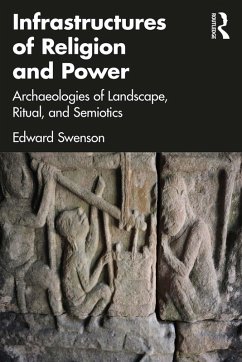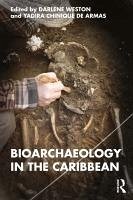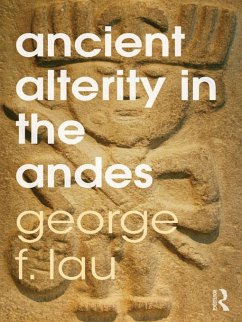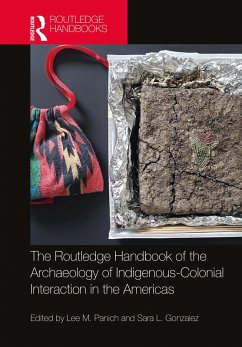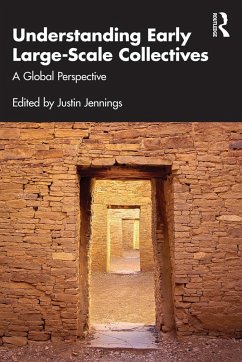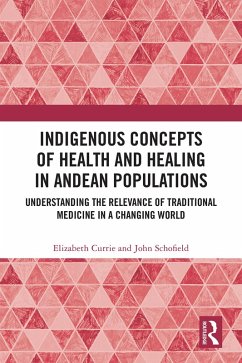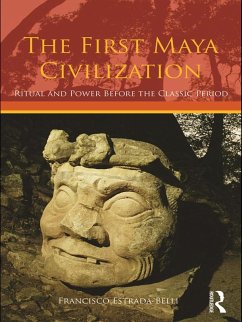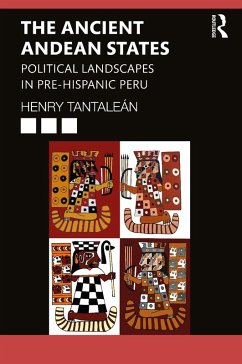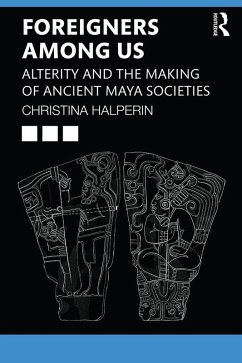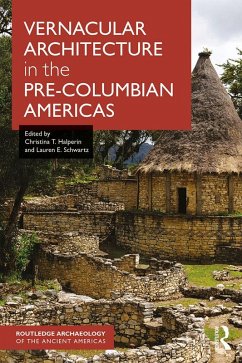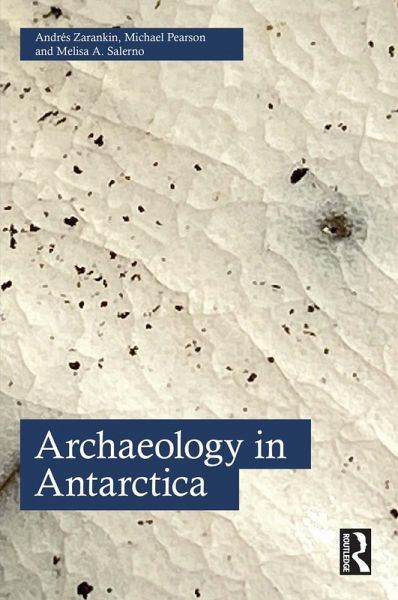
Archaeology in Antarctica (eBook, ePUB)

PAYBACK Punkte
19 °P sammeln!
Archaeology in Antarctica outlines the history of archaeology in the Antarctic and sub-Antarctic.The book details for the first time all past archaeological work in Antarctica, relating to both its use for conservation and research purposes, drawing on published, unpublished and oral information. This work has addressed historic and current scientific bases, explorers' huts, whaling stations and sealing shelters. The ongoing and long-term research on the sealing shelters and sites in the South Shetland Islands features prominently. The archaeology enables new perspectives on the impact of glob...
Archaeology in Antarctica outlines the history of archaeology in the Antarctic and sub-Antarctic.
The book details for the first time all past archaeological work in Antarctica, relating to both its use for conservation and research purposes, drawing on published, unpublished and oral information. This work has addressed historic and current scientific bases, explorers' huts, whaling stations and sealing shelters. The ongoing and long-term research on the sealing shelters and sites in the South Shetland Islands features prominently. The archaeology enables new perspectives on the impact of global modernity and empire in the Antarctic and challenges established dominant discourses on the 'heroic' nature of human interaction with the continent. The work on sealing sites gives voice to the experiences of the sealer as a subaltern group previously largely overlooked by historical sources.
This book will appeal to students and researchers in archaeology, history and heritage as well as readers interested in the human and historical aspects of Antarctica's past and present.
The book details for the first time all past archaeological work in Antarctica, relating to both its use for conservation and research purposes, drawing on published, unpublished and oral information. This work has addressed historic and current scientific bases, explorers' huts, whaling stations and sealing shelters. The ongoing and long-term research on the sealing shelters and sites in the South Shetland Islands features prominently. The archaeology enables new perspectives on the impact of global modernity and empire in the Antarctic and challenges established dominant discourses on the 'heroic' nature of human interaction with the continent. The work on sealing sites gives voice to the experiences of the sealer as a subaltern group previously largely overlooked by historical sources.
This book will appeal to students and researchers in archaeology, history and heritage as well as readers interested in the human and historical aspects of Antarctica's past and present.
Dieser Download kann aus rechtlichen Gründen nur mit Rechnungsadresse in A, B, BG, CY, CZ, D, DK, EW, E, FIN, F, GR, HR, H, IRL, I, LT, L, LR, M, NL, PL, P, R, S, SLO, SK ausgeliefert werden.




